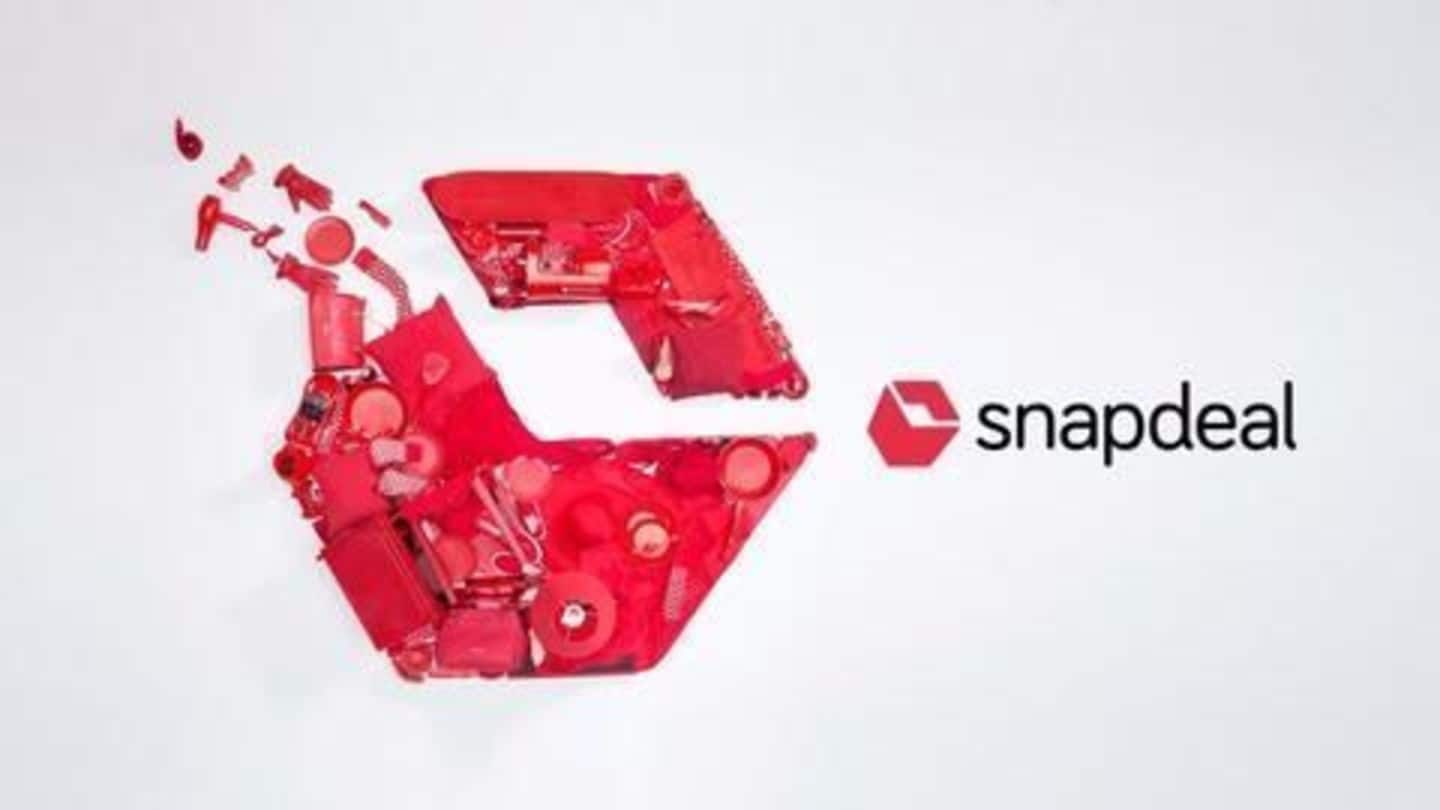
Snapdeal 2.0, the story of not giving in to pressure
What's the story
Snapdeal is ready to bend but it's not ready to snap. There will be no sale.
It is going to emerge out of the soup with a brand new avatar-Snapdeal 2.0, a leaner version of the erstwhile platform that stood neck-to-neck with other e-commerce biggies like Flipkart and Amazon to capture India's flourishing e-commerce sector.
Here's what it all went through.
Softbank
Not letting outside factors dominate
It was SoftBank that was pushing the merger. Its interests were evident - sell Snapdeal to Flipkart, invest in the merged identity and take home the money when the gamble pays off in future.
However, Snapdeal founders felt that the entire thing was stifling. The deal didn't sit well with them and, therefore, they started looking out for other options or a new plan.
Snapdeal 2.0
Snapdeal 2.0, the new plan
A Power-Point presentation with over 100 slides complete with column charts, scatter graphs, pie charts, and data points - this was Snapdeal 2.0 in April.
Very few people were kept in the loop about this. CEO Kunal Bahl, COO Rohit Bansal and chief investment officer Jason Kothari, who came in as late as January, and a handful of others knew.
Alternative
Pitching the alternative
For Bahl, this was a hard sell. It took him three months and several arguments to pitch his vision of Snapdeal 2.0 as the real deal. A sound alternative from giving it all over, calling it a day and moving on to something else.
People privy to the plan were not dissing it, but they were not buying into the entire picture either.
Merger
The proposed merger
Handing over the embattled platform to India's largest domestic online retailer which managed to keep Amazon at bay was a safe bet. Bahl and Bansal were to walk away with a payout of $30 million. They had agreed to it earlier, reluctantly.
But with passing time, even minor shareholders became disgruntled. They were not getting the returns they had hoped for with current valuation.
Flipkart
Flipkart driving home its might
Flipkart too was not dishing out a humble pie. It imposed clauses such as 100% approval from Snapdeal stakeholders and indemnity clauses pertaining to Snapdeal's financials, projections, and representations made to them.
Even minor shareholders were expressing concerns about special payouts to early investors. This was the right time to pitch in Snapdeal 2.0 as the ideal way to proceed with the firm's future.
Sale
Survive another day
The FreeCharge sale, thankfully, came through, giving Bahl enough financial power to float his big idea.
Founders said no to the deal and went ahead with Snapdeal 2.0.
There will be hardships. A massive layoff is also eminent. However, it's commendable in a certain way. Bahl did turn down the world's biggest tech-focused investor and also India's largest e-commerce company to save his baby.